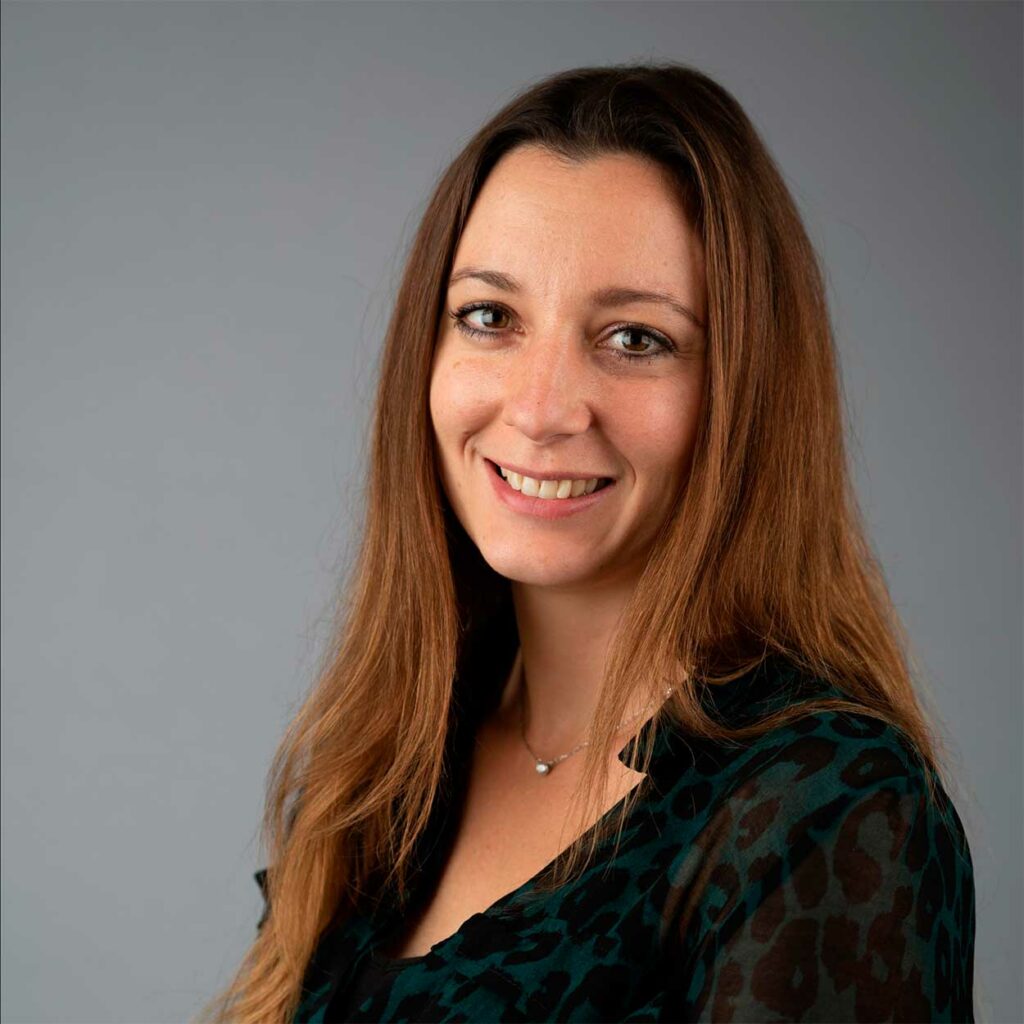
#IDIBELLseminars: Understanding breast tumor initiation and treatment response in context of the host
Colinda Scheele
VIB-KU Leuven Center for Cancer Biology
24/01/2025
12:00-
Sala Pau Viladiu
Abstract
Oncogenic mutations are common in healthy tissues but rarely form tumors. Using the mammary gland as a model, we explored how tissue organization and dynamics affect mutant cell fate. Through lineage tracing and intravital imaging, we found that rounds of local tissue remodeling, driven by the estrous cycle led to the elimination of the majority of mutant clones. However, it simultaneously enabled a minority of mutant clones, that by chance survived, to geometrically expand. This expansion leads to cohesive fields of mutant cells spanning large parts of the mammary ducts, predisposing these ducts to tumor formation. Once tumors form, breast cancer response to neoadjuvant chemotherapy varies, even within the same subtype. Again, we identified the estrous cycle as a key factor in this variability. In three mouse models, NAC response was reduced when treatment began during diestrus compared to estrus. Similar patterns were observed in retrospective premenopausal human cohorts, highlighting the importance of treatment timing for improved chemotherapy outcomes.
Hosted by Miguel Angel Pujana – Molecular signaling in cancer group
Short Bio
Colinda Scheele has been a group leader at VIB Center for Cancer Biology since June 2020 and an Assistant Professor at KU Leuven, Department of Oncology since 2021. She earned a Master in Biomedical Sciences from Utrecht University and completed her PhD (cum laude) in Prof. Jacco van Rheenen’s lab in the Netherlands Cancer Institute. Her PhD work significantly advanced mammary gland biology, discovering mammary stem cell behavior during pubertal branching morphogenesis. She pioneered quantitative lineage tracing and intravital microscopy. Her lab focuses on cancer cell interactions using advanced methods like intravital imaging, organoid technology, and patient-derived xenograft models. Her research is funded by national and international grants (ERC-StG), and she has received several awards, including the BAEF alumni award (2024) and the Beug Prize for Metastasis research (2023).
